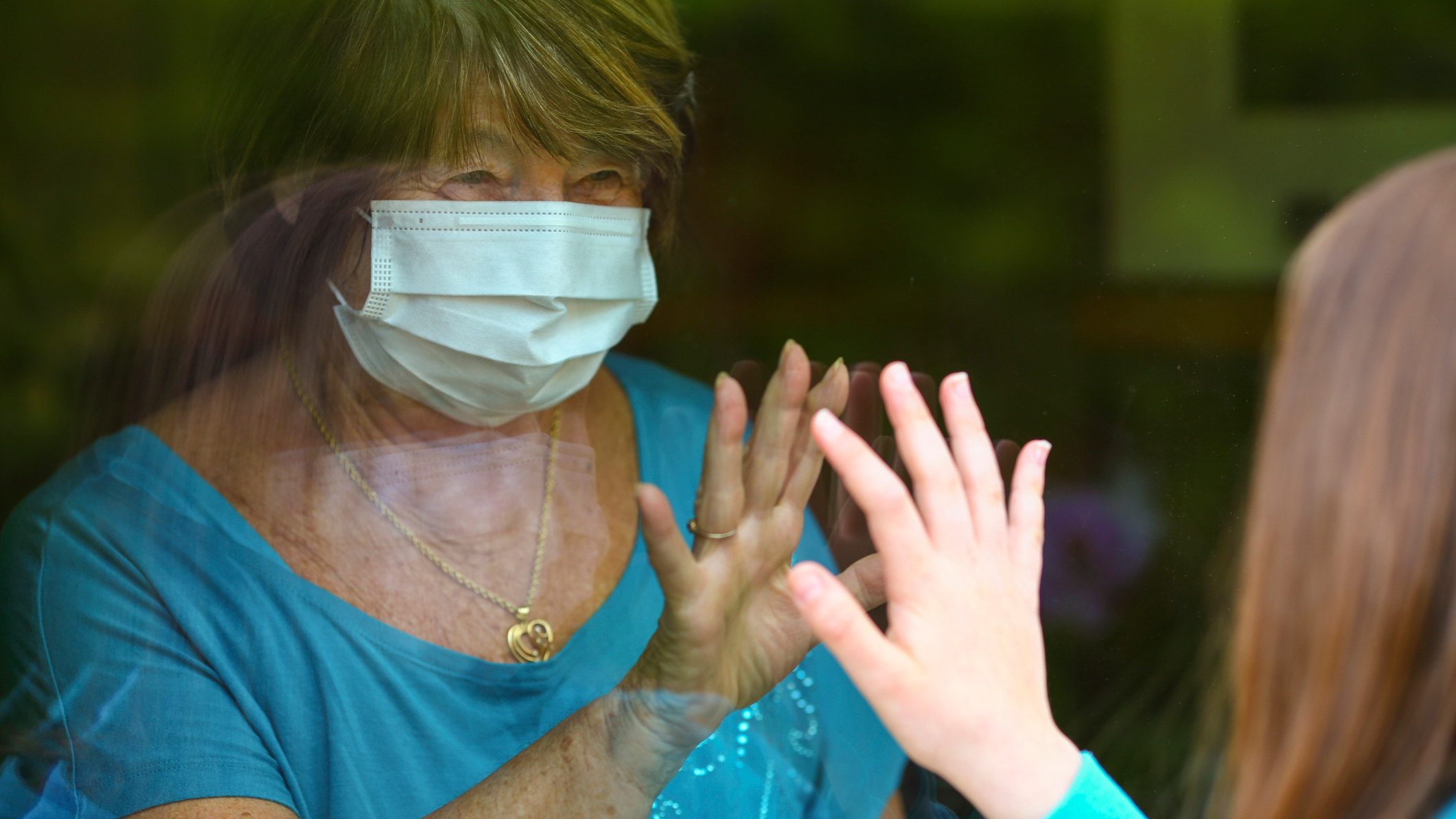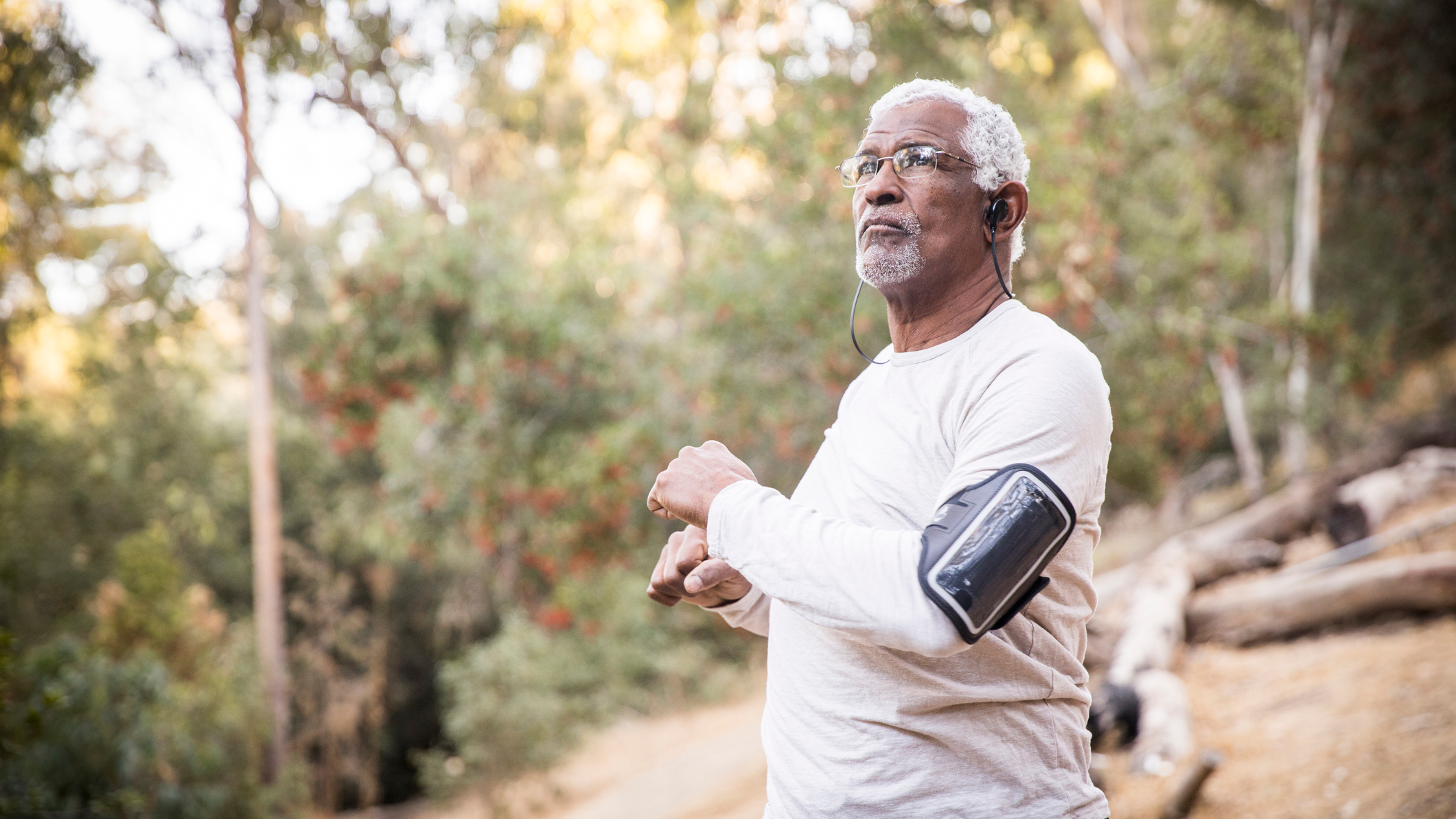COVID-19: The hidden risk of the pandemic to seniors and older adults
Seniors could be very vulnerable to loneliness as a result of the COVID-19 pandemic, according to this new study


Start your week with achievable workout ideas, health tips and wellbeing advice in your inbox.
You are now subscribed
Your newsletter sign-up was successful
The COVID-19 pandemic has changed a lot of different aspects of our lives. Many of us are under lockdowns which means restaurants, bars, shops and leisure facilities have closed as a result of the global health crisis. We're all making zoom and skype calls to each other instead of meeting in person and using the best online personal trainer and fitness apps instead of the gym.
Because of this, the pandemic has led to unprecedented isolation, especially in older adults and seniors. Loneliness has been linked to worsening symptoms of depression and anxiety, and can increase the risk of an early death.
In a study of over 3,000 people aged 50 or over by researchers from the University of Exeter and King's College London, it was found lonely people have been suffering from worsening symptoms of other related mental health disorders. Before the pandemic, lonely people reported an average of two symptoms of depression for at least several days over two weeks.
However, during lockdown, more symptoms were reported and more often. Lonely study participants found depression and anxiety signifiers like low mood and worse brain function increased from several days to over half the allotted two-week time. Lonely older people spend around one week out of two feeling depressed or anxious while in lockdown.
Lead study author Dr. Zunera Khan said: "It should be within our power to find ways of keeping people socially engaged and active... however, technology can only be part of the picture. We need to ensure we can find new ways to help people stay active and social, whether they are online or not."

One solution is to reach out to relatives, suggesting a socially-distanced walk: links have been found between loneliness, a drop in physical exercise and worsening mental health symptoms. Getting out of the house and into nature is encouraging and rejuvenating, providing exercise (which has been proven to have a positive mood-boosting effect) and green space.
Research from Harvard has found walking in nature can lift mood and reduce symptoms of mental health disorders. If you're thinking of taking up more walking to stave off the lockdown blues, consider a pair of the best shoes for walking to get you started.
Start your week with achievable workout ideas, health tips and wellbeing advice in your inbox.
Liked this?
Matt Evans is an experienced health and fitness journalist and is currently Fitness and Wellbeing Editor at TechRadar, covering all things exercise and nutrition on Fit&Well's tech-focused sister site. Matt originally discovered exercise through martial arts: he holds a black belt in Karate and remains a keen runner, gym-goer, and infrequent yogi. His top fitness tip? Stretch.
